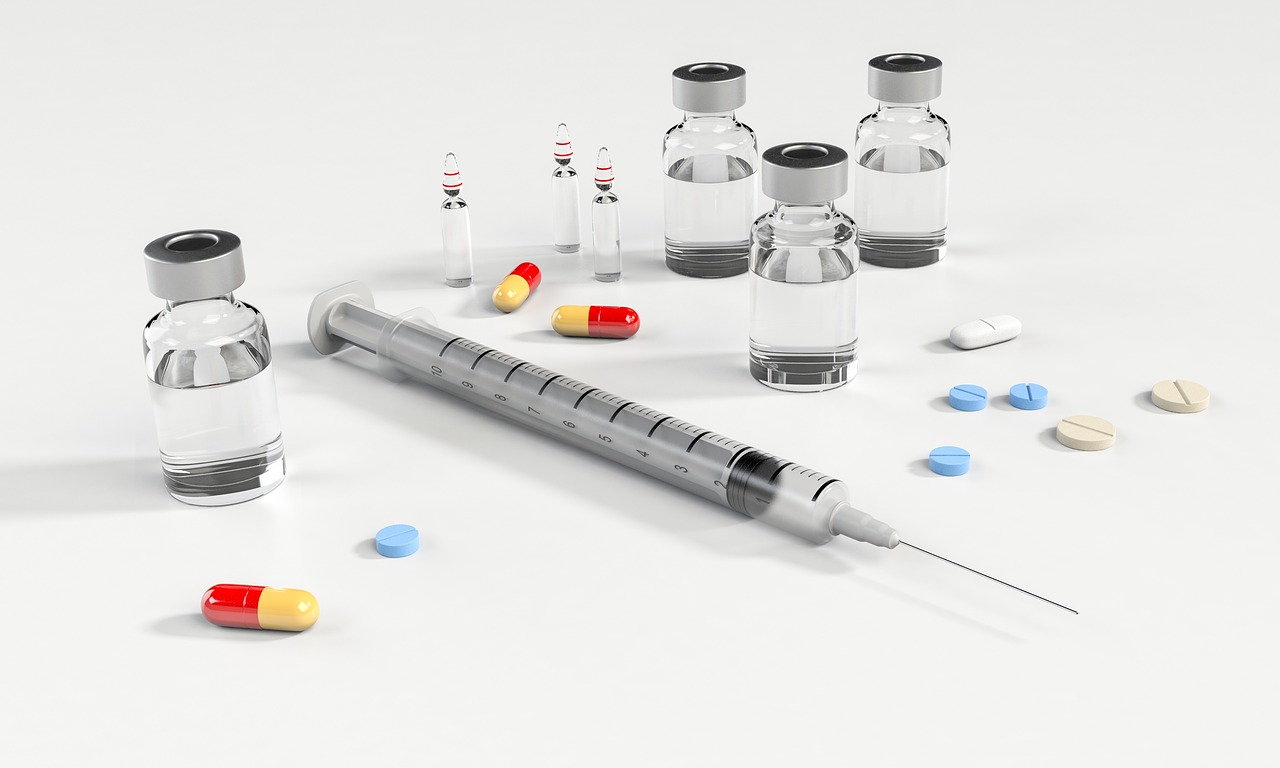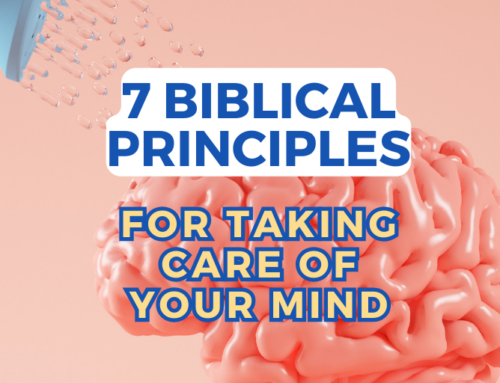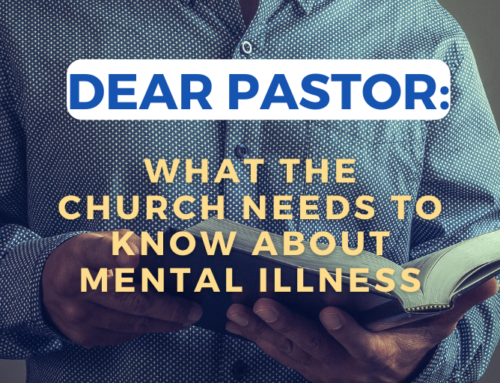Every day I like to say, “Thank God for drugs!” I don’t mean the kind that make you high or get you stoned. I’m referring to the medical kind that make you well. You see, I suffer from Parkinson’s Disease and I take drugs every day. They help control my shaking, enable me to speak and to swallow, and type the words you now read. Without them, I couldn’t function well enough to hold down a job. I’d be collecting disability. With them, I continue to work in full time ministry. This isn’t theory or conjecture for me. I know from personal experience how medications directly impact my quality of life, so I thank God for them.
This is also why I see the need for the mentally ill to take medication. If a medication helps control a bipolar person’s severe mood swings or keeps a schizophrenic in touch with reality, I’m all for it. Would you rather have someone taking their own life or taking a drug that stops them from sinking into severe depression? I’d prefer medication over suicide any day! My Parkinson’s medications help me lead a more normal life, so I take them. Why should it be any different for those who suffer from mental illness?
Once I took a Parkinson’s medication that gave me panic attacks. Needless to say, I stopped taking it. But it reminded me of how our brains work. They run on incredibly, complicated chemistry. If that chemistry gets thrown off, it affects how we feel and the way we think. When God “fearfully and wonderfully made us,” He made us this way. He didn’t make us as mere spirits that float around in the air, but as creatures that run on chemicals, carbohydrates and such.
However…
There is more to us than just biology. There is a spiritual side to us all. In the early 1980’s, psychiatrist M. Scott Peck published his book, “The People of the Lie.” When I read it at the time it deeply influenced me. It addressed the human capacity for evil in every- thing from family to military. The author also dedicated an entire chapter to a topic that most psychiatrists avoid—demonic possession. “In common with 99 percent of psychiatrists,” he wrote, “I did not believe the devil exists.”
Then he personally witnessed two successful exorcisms. It changed his mind. He came to believe the devil really is for real. Things that he saw and heard he could not explain. Even the counseling that followed seemed deeply affected by the exorcism.
The implication of this chapter is clear. Could some cases of mental illness actually be undiagnosed demonic possession? Could 5 or 10 or 15% of mentally ill people be under demonic influence?
Only the Lord who created us knows for sure. But as believers we can say a couple of things. Whenever Christ encountered those with unclean spirits, He showed them the same compassion He showed paralytics, lepers, and everyone else. There was no burning them at the stake or socially ostracizing them. He loved them. Regardless of the cause of mental illness, we should do the same.
Secondly, whether we suffer from mental illness or not, we all face spiritual warfare. “For we do not wrestle against flesh and blood,” Paul writes to the Ephesians, “but against…the spiritual forces of evil in the heavenly places.” Paul goes on to challenge all of to take up spiritual weapons like supplication and Scripture to combat these evil forces when they come—and they will come to us all!
Why, then, does it have to be one or the other? Why can’t it be both/and? I suggest we combat mental and emotional illness with everything we can throw at it. Thank God for drugs. They enable me to cope with Parkinson’s and they help others control their mood swings or delusions. But, as any believer should know, prayer is a powerful thing and nothing soothes the soul quite like Scripture. We need to follow God’s prescription and take His medicine too. There is a balm in Gilead!
This isn’t theory or conjecture for me. Before I read the book, “People of the Lie,” back in the 1980’s, I suffered from a severe nervous breakdown. Looking back, I’m convinced that demonic possession played a major role in my illness and prayer played a major role in my healing.
But perhaps that is a story to be told at another time…







